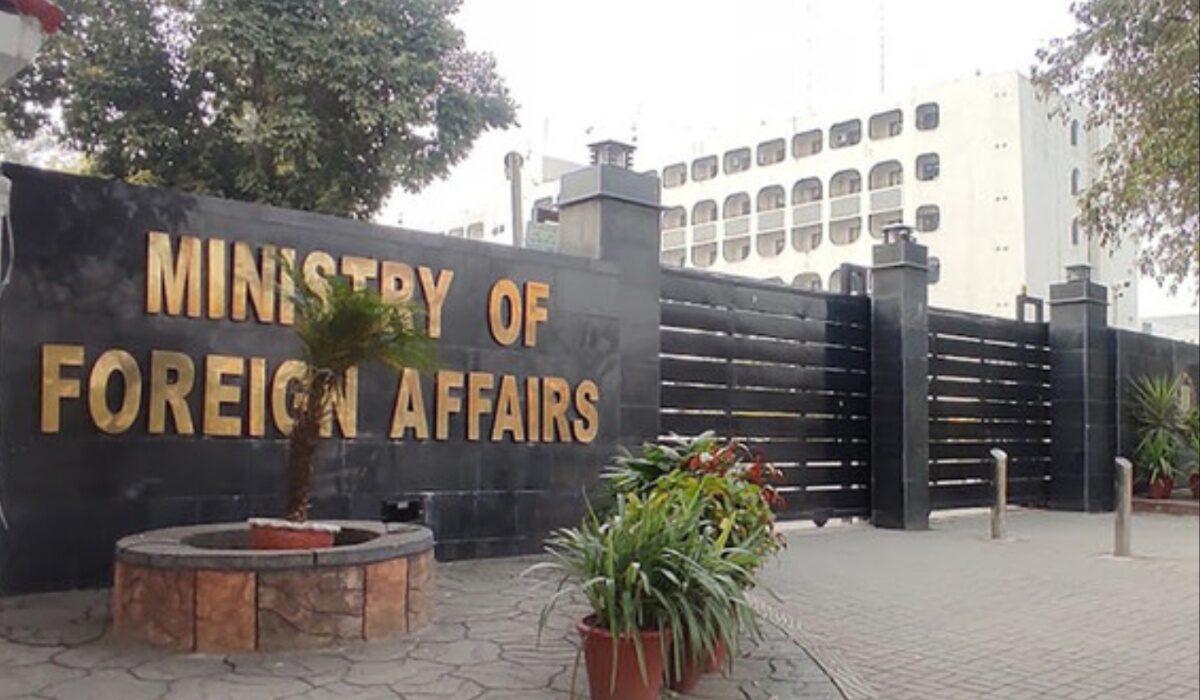Ismail says that the caretaker government will engage with the IMF for consent before implementing measures to alleviate the financial strain on electricity consumers utilizing 200 to 300 units monthly.


Karachi: Amidst widespread protests against surging electricity bills across the nation, former Finance Minister Miftah Ismail has underscored that any efforts to provide relief to the public burdened by inflated charges would necessitate seeking approval from the International Monetary Fund (IMF).
Ismail noted that the caretaker government would engage with the IMF for consent before implementing measures to alleviate the financial strain on electricity consumers utilizing 200 to 300 units monthly.
In late June, Pakistan and the IMF reached a staff-level agreement regarding a $3 billion stand-by arrangement.
Speaking on a local television program, Ismail emphasized that the caretaker administration could potentially alleviate the tax burden for domestic consumers using up to 300 units of electricity.
He stated, "If the government communicates with the fund respectfully, the IMF will be open to addressing the issue of electricity bills."
Reflecting on his tenure, Ismail recounted an instance where Shehbaz Sharif, at the time, directed him as the finance minister not to raise power tariffs for consumers using up to 200 units.
He conveyed that he engaged with the IMF regarding this matter, and subsequently, the international financial institution approved the request.
Addressing the current scenario in Pakistan, Ismail highlighted the record-high electricity rates and suggested that the situation could be ameliorated by eliminating sales tax from electricity bills. However, he acknowledged that the government still had to achieve its tax collection goals.
"If sales tax is removed from electricity bills, then where will it be collected from?" he questioned.
Ismail cautioned against the potential repercussions of avoiding the imposition of sales tax on property, agriculture, and the services sector. He noted that the resultant burden would likely shift to the economically disadvantaged, which, he observed, was already occurring.
He appealed to political leaders from all parties to formulate a comprehensive strategy to levy taxes on the affluent, emphasizing that taxes should not solely burden the impoverished segment of society.
Proposing measures for the energy sector, Ismail recommended renegotiating new contracts for producing cost-effective electricity, as the agreements from 1994 and 2002 had lapsed.
He also advocated for the privatization of all power distribution companies (discos) in Pakistan.
In response to a query, Ismail clarified that the current government was not solely responsible for the escalation in electricity bills. He attributed the increase to power theft and the mounting circular debt within the system.

How the left taught the right to hate white women
- 8 hours ago
T20 World Cup: Pakistan continuing batting against Namibia
- 11 minutes ago

Microsoft says it is on pace to invest $50bn in ‘Global South’ AI push
- 40 minutes ago

Gold, sliver prices surge in Pakistan, global markets
- an hour ago

Samsung ad confirms rumors of a useful S26 ‘privacy display’
- 10 hours ago
Ramazan moon sighted in Saudi Arabia, UAE; first fast tomorrow
- 18 hours ago
Karachi AC survives petrol bomb assault in Lea Market
- 18 hours ago

How to un-Big Tech your online life
- 10 hours ago

Pakistan, Bangladesh vow to work for regional peace, stability
- 18 hours ago

Is Grindr Dead?
- 8 hours ago

Trump’s biggest war is one he almost never talks about
- 8 hours ago

Credit card theft, penis injections, and other weird scandals from the 2026 Olympic Games
- 8 hours ago









